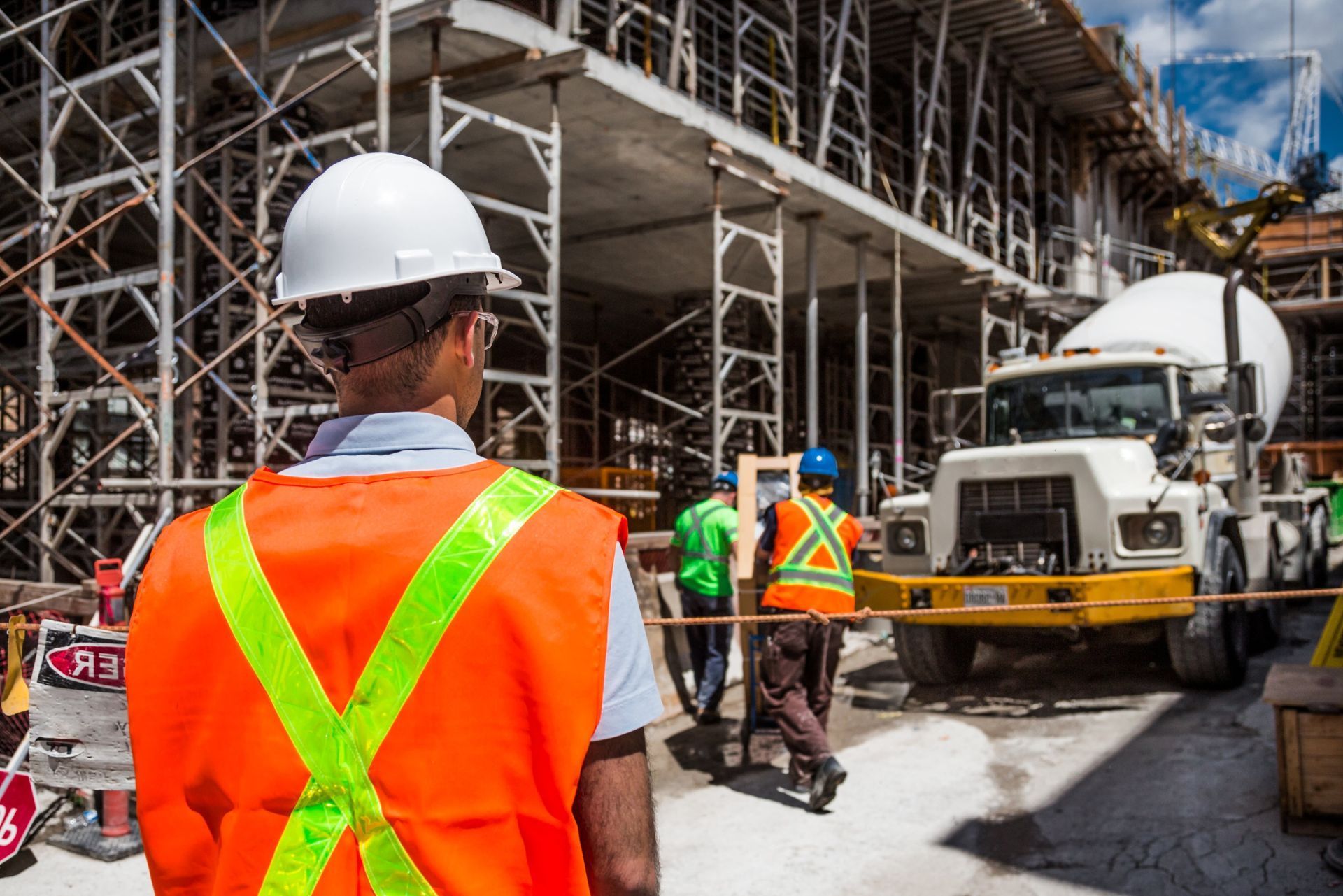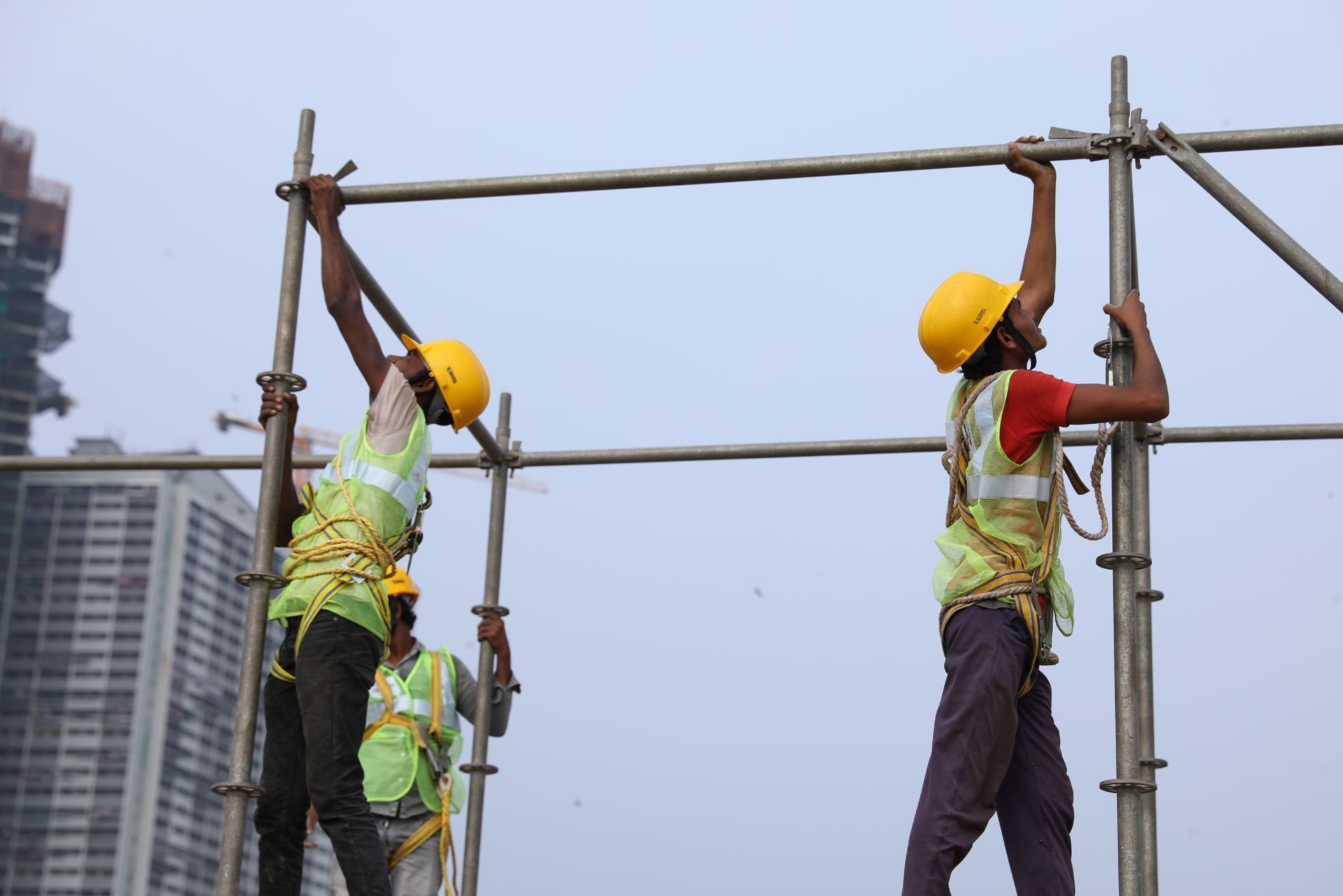Top 3 Recommended Policies
Index
Contact Us
Phone
Location
Maintenance bonds are a critical component of the construction industry, providing a financial guarantee that completed projects will remain free from defects for a specified period. In Oklahoma, these bonds are particularly important due to the state's diverse construction landscape, which ranges from urban developments to rural infrastructure projects. Understanding the intricacies of maintenance bonds can help contractors, project owners, and stakeholders ensure successful project completion and long-term satisfaction.
What Are Maintenance Bonds?
Maintenance bonds, also known as warranty bonds, are a type of surety bond that contractors purchase to guarantee the quality of their work. These bonds ensure that any defects or issues that arise after project completion will be addressed and rectified at no additional cost to the project owner. This assurance is crucial for maintaining trust and accountability in the construction industry.
In Oklahoma, maintenance bonds are often required for public projects and can also be a stipulation in private contracts. They serve as a safeguard for project owners, protecting them from potential financial losses due to substandard work or materials. By providing a financial safety net, maintenance bonds help foster a more reliable and trustworthy construction environment.
The duration of a maintenance bond typically ranges from one to two years, although this can vary depending on the specific terms of the contract. During this period, the contractor is obligated to address any defects or issues that arise, ensuring the project meets the agreed-upon standards and specifications.

How Do Maintenance Bonds Work?
The Role of the Surety Company
Maintenance bonds involve three parties: the obligee (project owner), the principal (contractor), and the surety company. The surety company is a third-party entity that provides the bond, guaranteeing the contractor's performance. If the contractor fails to fulfill their obligations, the surety company steps in to cover the costs of repairs or corrections.
In Oklahoma, surety companies assess the risk associated with issuing a maintenance bond by evaluating the contractor's financial stability, work history, and reputation. This assessment helps determine the bond premium, which is the cost the contractor pays for the bond. A strong track record can lead to lower premiums, making it beneficial for contractors to maintain high standards of work and reliability.
Claims Process
If defects or issues arise during the bond's coverage period, the project owner can file a claim with the surety company. The surety company will then investigate the claim to determine its validity. If the claim is deemed valid, the surety company will either require the contractor to address the issue or provide financial compensation to the project owner for the necessary repairs.
The claims process is designed to be fair and efficient, ensuring that project owners receive the necessary support while also protecting contractors from unwarranted claims. In Oklahoma, the process typically involves thorough documentation and communication between all parties to resolve issues promptly and effectively.
Benefits of Maintenance Bonds
For Project Owners
Maintenance bonds offer significant benefits to project owners by providing a financial safety net against potential defects or issues. This assurance allows project owners to invest in construction projects with confidence, knowing that any problems will be addressed without incurring additional costs. Furthermore, maintenance bonds help ensure that contractors adhere to high standards of quality and accountability.
In Oklahoma, where construction projects can vary widely in scope and complexity, maintenance bonds are particularly valuable. They help mitigate risks associated with unpredictable factors such as weather conditions, soil stability, and material quality, ensuring that projects are completed to the highest standards.
For Contractors
For contractors, maintenance bonds can enhance their reputation and credibility in the industry. By demonstrating a commitment to quality and accountability, contractors can attract more business and secure larger projects. Additionally, maintaining a strong track record with maintenance bonds can lead to lower bond premiums, reducing overall project costs.
In Oklahoma's competitive construction market, contractors who consistently deliver high-quality work and fulfill their maintenance bond obligations can differentiate themselves from competitors. This can lead to increased opportunities and long-term success in the industry.
Requirements for Obtaining Maintenance Bonds in Oklahoma
Eligibility Criteria
To obtain a maintenance bond in Oklahoma, contractors must meet certain eligibility criteria. These criteria typically include a thorough evaluation of the contractor's financial stability, work history, and reputation. Surety companies assess these factors to determine the level of risk associated with issuing the bond.
Contractors with a strong financial background, a history of successful project completions, and a positive reputation in the industry are more likely to qualify for maintenance bonds. Meeting these criteria can also result in lower bond premiums, making it more cost-effective for contractors to secure the necessary bonds for their projects.
Documentation and Application Process
The process of obtaining a maintenance bond in Oklahoma involves submitting an application to a surety company. This application typically requires detailed information about the contractor's financial status, project history, and references. Contractors may also need to provide documentation such as financial statements, credit reports, and proof of insurance.
Once the application is submitted, the surety company will conduct a thorough review to assess the contractor's eligibility. This review process can take several days to weeks, depending on the complexity of the application and the contractor's history. Upon approval, the
contractor will receive the maintenance bond, allowing them to proceed with their project.

Common Challenges and Solutions
Addressing Defects and Issues
One of the primary challenges associated with maintenance bonds is addressing defects or issues that arise during the bond's coverage period. Contractors must be proactive in identifying and resolving these problems to avoid claims and maintain their reputation. Regular inspections and quality control measures can help prevent defects and ensure that projects meet the required standards.
In Oklahoma, where environmental factors such as weather and soil conditions can impact construction projects, contractors must be particularly vigilant. Implementing robust quality assurance processes and maintaining open communication with project owners can help address potential issues before they escalate.
Navigating the Claims Process
Another challenge contractors may face is navigating the claims process if a project owner files a claim against the maintenance bond. To effectively manage this process, contractors should maintain thorough documentation of all project activities, including inspections, communications, and repairs. This documentation can serve as evidence to support the contractor's position and facilitate a fair resolution.
Working closely with the surety company and maintaining open lines of communication with the project owner can also help expedite the claims process. By addressing claims promptly and professionally, contractors can protect their reputation and minimize potential financial impacts.
Conclusion
Maintenance bonds play a vital role in the Oklahoma construction industry, providing essential protection for both project owners and contractors. By understanding the intricacies of these bonds, stakeholders can ensure successful project completion and long-term satisfaction. From the application process to addressing challenges, maintenance bonds offer a framework for accountability and quality assurance, fostering a more reliable and trustworthy construction environment.
As the construction landscape in Oklahoma continues to evolve, maintenance bonds will remain a crucial tool for managing risk and ensuring the integrity of completed projects. By leveraging the benefits of maintenance bonds, contractors and project owners alike can contribute to the growth and success of the state's construction industry.


